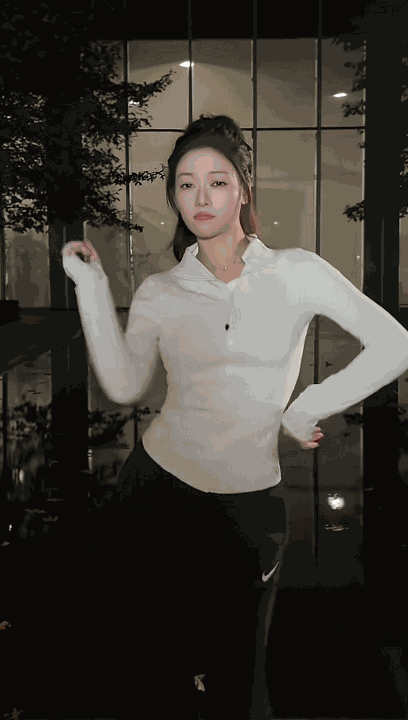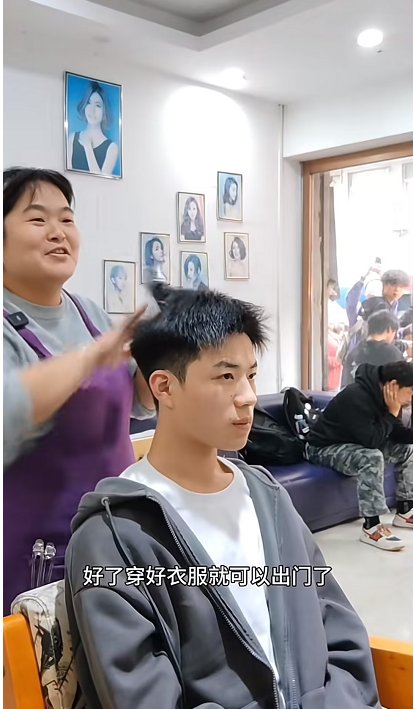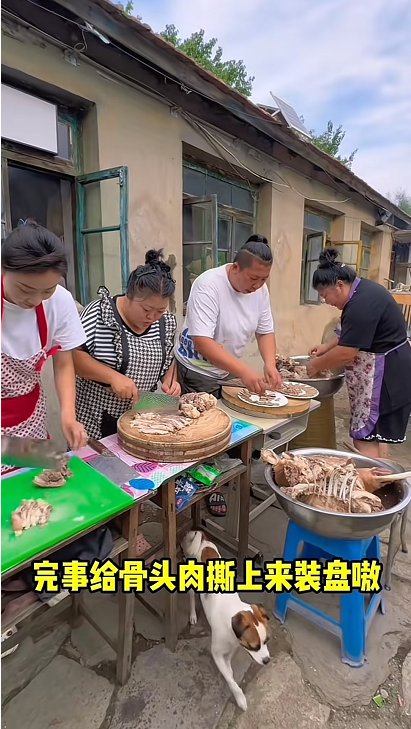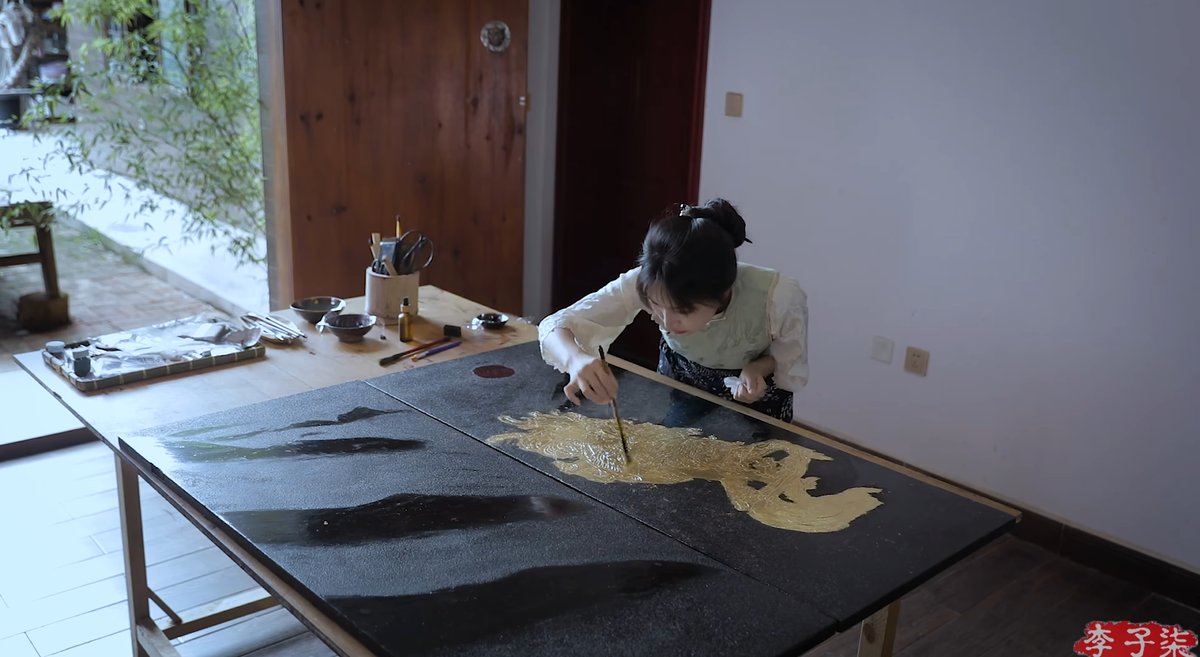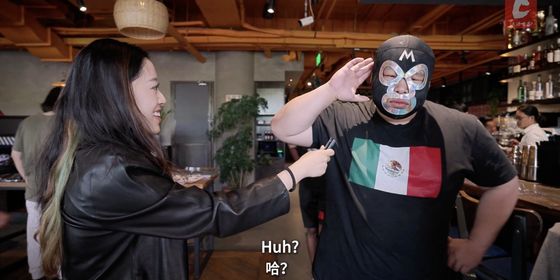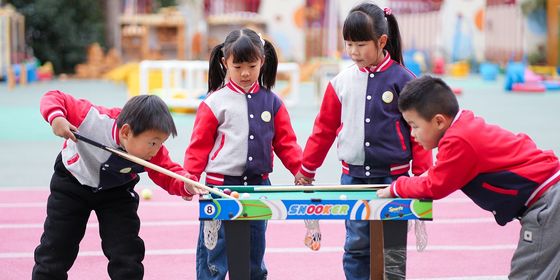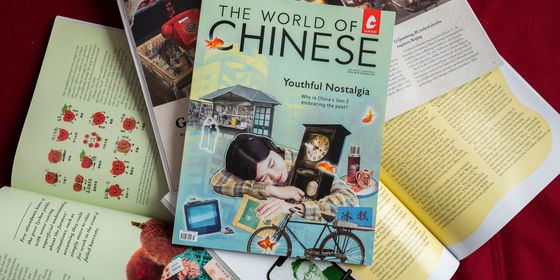From the return of China’s YouTube Queen to scandals involving fake personas and false advertising, here are the viral influencers of the year
Influencers and livestreamers have become increasingly popular career choices in China, drawn by the low barrier to entry and high earning potential. However, going viral is no easy feat and carries significant risks. In 2024, a number of high-profile figures with millions of followers experienced sudden downfalls due to scandals ranging from selling low-quality products to faking their public persona. These controversies have fueled public distrust in the industry. Meanwhile, farm-life influencer Li Ziqi made a comeback online after three years of absence from the public eye, captivating millions with her new videos on traditional crafts and pushing her reputation to new heights.
Love them or hate them, these viral figures have dominated countless water cooler conversations. After spending (probably an unhealthy amount of) time dissecting these incidents here at the TWOC office, we’ve compiled our list of the most viral—and infamous—influencers of 2024:
An earnest living?
Former World Gymnastics Champion Wu Liufang’s Douyin account has been suspended multiple times in the past three months for violating the platform’s content policies. At her peak, Wu attracted over 6 million followers with her provocative dance videos. While such content isn’t uncommon on Douyin, China’s version of TikTok, Wu stood out due to her status as a retired gymnast from the Chinese national team. Ironically, she went viral after another retired gymnast, Olympic Champion, Guan Chenchen, accused her of exploiting her champion status for attention and tarnishing the community’s reputation. Their argument sparked renewed attention on the livelihood of retired athletes.
Wu was last banned in December, and her account remains suspended, with her follower count now down to around 44,000. It remains unclear how long the ban will last.
The barber who listens
A trip to the hair salon can be “a big gamble”—but not at Xiaohua’s. The 33-year-old hairdresser from Hunan province has taken the internet by storm with her incredible ability to give clients the perfect haircut for less than 45 yuan. With over a decade of experience, Xiaohua, always seen in her signature purple apron, has been praised for her humble attitude and affordable prices.
Her rising fame has turned her shop into a popular destination for travelers to “check in,” as many journeyed thousands of miles to experience her craft firsthand. Riding on Xiaohua’s viral fame, the local government established display areas for local farm products near her shop and introduced over 30 percent discounts on local attractions, accommodations, and dining for travelers. Xiaohua’s popularity generated over 180 million yuan in tourism revenue for the city in just one month after her going viral last November.
Check out our short video about this humble female hairstylist here.
Food frauds
The Mid-Autumn Festival was meant to be a joyful occasion, with families coming together to watch the full moon and enjoy mooncakes. However, the beloved snack almost ruined the influencer behind the account “Crazy Little Young Brother (疯狂小杨哥),” which lost nearly 100 million followers overnight last September.
Marketed as the “Meicheng Mooncake” from Hong Kong, a three-box pack of these products was sold for just 99 yuan during the influencer’s livestream. Due to the account’s popularity, sales quickly surpassed 50 million yuan. However, netizens soon discovered that the brand was actually from Guangzhou and Foshan, not Hong Kong, and lacked the claimed 20-year history.
As public outcry grew, investigations by authorities found that while the mooncakes met national standards and were safe to consume, the company behind “Meicheng Mooncake” was guilty of false advertising. As a result, the company was fined over 68 million yuan and had its operations suspended.
Another influencer Sister Yu (东北雨姐) also found herself in hot water over a food scandal. Known for her engaging content showcasing rural life in northeastern China, Sister Yu has amassed over 17 million followers on Douyin. However, the 46-year-old was exposed for making false claims about the ingredient list of the sweet potato vermicelli she was promoting. An investigation by a fellow blogger revealed that the product contained only cassava powder.
Local authorities quickly intervened and fined the influencer 1.65 million yuan for false advertising and ordered her to return all the earnings from selling the products. Her social media accounts were subsequently banned on all platforms. When netizens visited the “home” where she filmed most of her content, they discovered that it was merely a rented place, and she had abandoned the pets frequently featured in her videos at the residence.
Phony socialites
What does it take to get an opportunity to address the UN on crucial topics like global warming and peace agreements? A degree in international politics? Years of experience working as an activist? Turns out, all someone needs is 165 US dollars.
Photos of influencers attending UN conferences and receiving awards have flooded social media platforms like Xiaohongshu. These influencers, dubbed “UN socialites (联合国媛)” by netizens, would rent a room—clearly listed and easily accessible on the UN website—and pose for photos to fabricate a persona of a real UN worker.
Unsurprisingly, they were met with ridicule when the scheme was exposed. However, a few actual UN employees became collateral damage in this toxic trend and were constantly harassed by netizens who accused them of faking their roles.
Another group of influencers has taken a different approach to capture online attention by claiming to be married to a wealthy Middle Eastern prince (中东小王子). In their videos, they showcase luxurious lifestyles and jewelry, while selling low-priced “royal” products, from French perfume to British laundry detergent. A platform crackdown on false personas and scripted performances started in December, and many have since deleted their accounts.
Earlier last April, the Cyberspace Administration of China launched a campaign to crack down on content promoting “harmful values,” including materialism and extravagant spending. Several influencers known for their ostentation had their accounts banned across different social media platforms. Among them is Wang Hongquan, an influencer who gained more than 4 million followers on Douyin with videos showing off his lavish wealth, including images of luxury cars and celebrities he’s hung out with at exclusive events. Dubbed “China’s Kim Kardashian,” Wang claims to own seven houses in Beijing worth 800 million yuan, and boasts that he has never worked a single day, thanks to wealth passed down from his family.
Homework hoax
Xu Jiayi, better known by her online handle Thurman Maoyibei, gained nearly 40 million followers across platforms for her humorous short videos before disappearing completely from the internet in April, just after posting some of her most viewed videos to date.
In the videos, the fashion designer claimed that during the Lunar New Year holiday, she was handed two empty homework books by staff at a coffee shop in Paris—allegedly belonging to a Grade 1 student named Qin Lang—and promised to return the homework to the owner.
In just three days, her video received over 5 million likes and 360,000 comments, sparking a frenzy of online searches for the boy. Some media outlets even contacted schools, only to discover that the boy had never existed.
As the story gained momentum, other influencers rushed to capitalize on the popularity, with one even claiming to be the boy’s uncle. A few days later, Xu posted another video, stating that she had returned the homework book to the “real” parents and urging netizens to respect the family’s privacy. Despite the seemingly perfect happy ending, many remain suspicious about the validity of the incident—and they were proven right. In April, after an investigation, Hangzhou police announced that Xu and her colleagues had fabricated the whole incident for clicks.
Xu later apologized on her personal account, but all her social media accounts were suspended afterward, and her fashion brand OMETOO ceased operation.
On his own
Dong Yuhui, a former teacher and the top livestreamer at East Buy, the e-commerce branch of private tutoring giant New Oriental, finally bid farewell to his old employer this year and ventured out on his own. His departure has led to increased scrutiny of his previously humble intellectual image. During a livestream last September, Dong mistakenly introduced Marie Curie as the inventor of the uranium element and X-ray machine. Last November, while promoting Inner Mongolia shaomai, Dong referred to it as “improperly wrapped baozi,” and even joked it was “baozi of poor quality.” His remarks sparked backlash and heated debate online over the authenticity of the food, leading to an apology from Dong a few days later. Despite these controversies, Dong’s livestream has been successful, with one session in December generating nearly 17 million yuan within two hours.
Return of the Queen
In November, Chinese rural influencer Li Ziqi made her return to the internet after a three-year hiatus, releasing two videos about traditional handicrafts. The Sichuan-based influencer’s comeback was met with overwhelming support from millions of fans worldwide, with her new videos racking up over ten million views on YouTube alone.
Behind her prolonged absence from the internet is a three-year legal dispute with her former management agency, Weinian, over the ownership of her namesake trademark. The case highlights the chaos behind the growing numbers of influencers and their management agencies. Now, Li officially changed her birth name from Li Jiajia to Li Ziqi and secured the “Li Ziqi” trademark.
In a November interview with China’s official news agency Xinhua about her future plans, Li admitted that she won’t publish videos on a regular schedule, choosing instead to focus on promoting China’s intangible cultural heritage arts.







